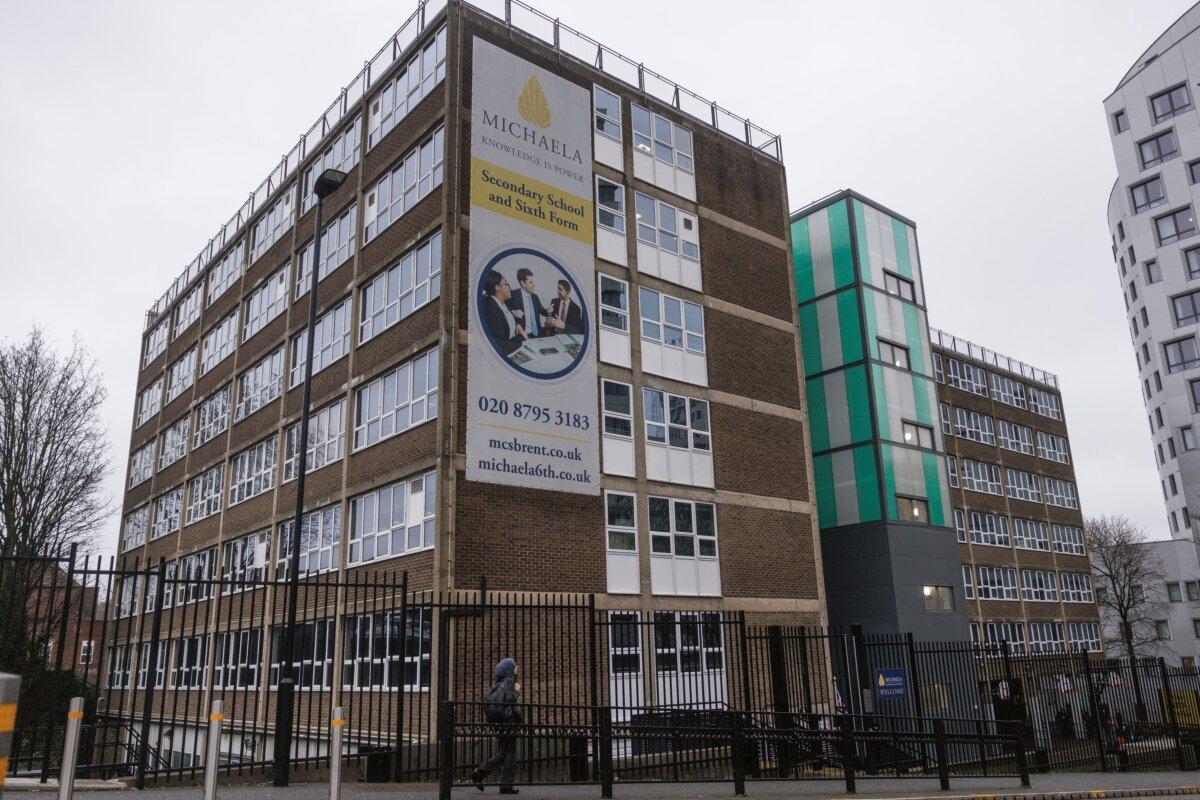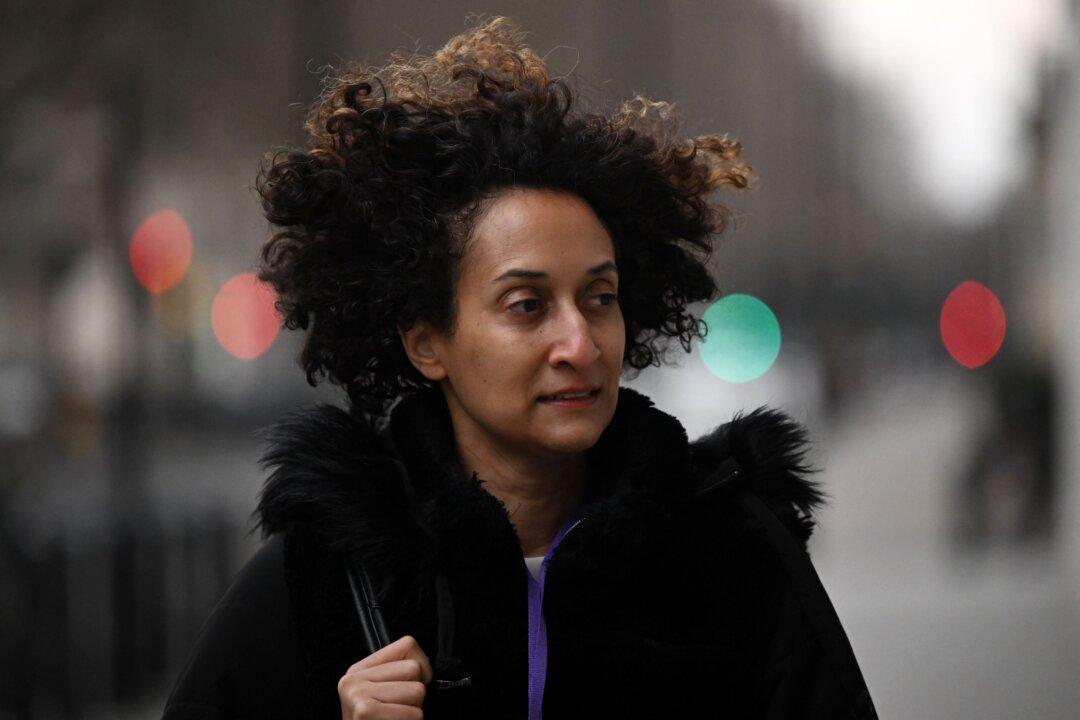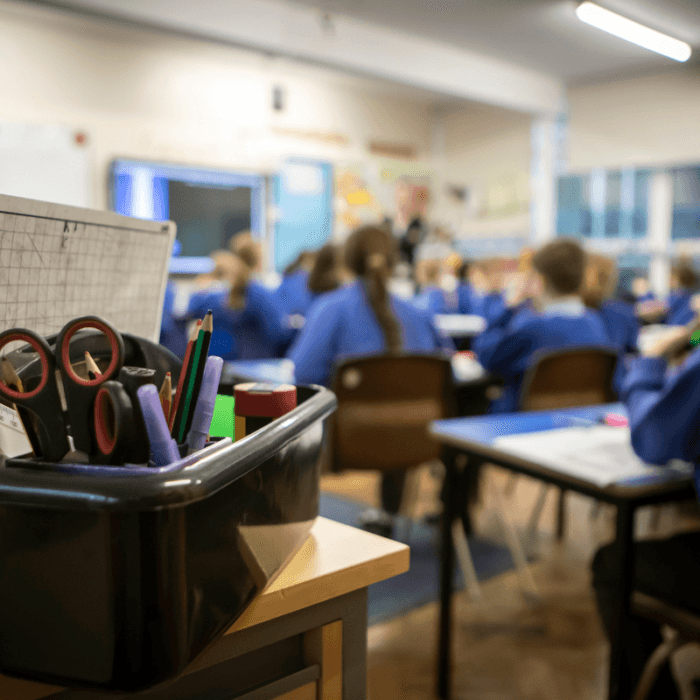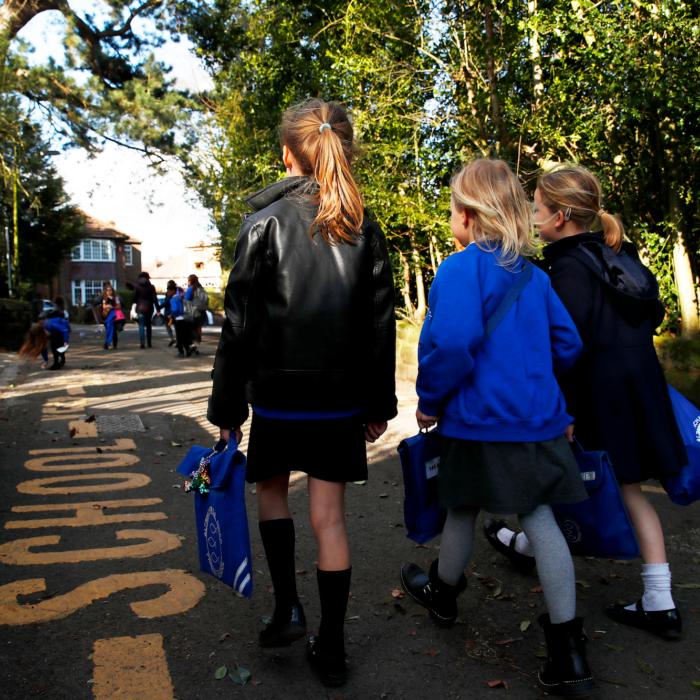A Muslim pupil has lost her High Court challenge against a ban on “prayer rituals” at the Michaela Community School headed by former social mobility commissioner Katharine Birbalsingh.
Mr. Justice Linden issued a written ruling on Tuesday that dismissed the pupil’s argument against the ban. The judge said there was a “a rational connection between the aim of promoting the team ethos of the school, inclusivity, social cohesion etc and the prayer ritual policy.”
He said, “The disadvantage to Muslim pupils at the school caused by the prayer ritual policy is in my view outweighed by the aims which it seeks to promote in the interests of the school community as a whole, including Muslim pupils.”
The judge upheld the pupil’s challenge to the school’s decision to temporarily exclude her.
Ms. Birbalsingh said in response to the ruling: “A school should be free to do what is right for the pupils it serves. The court’s decision is therefore a victory for all schools.”
“Schools should not be forced by one child and her mother to change its approach simply because they have decided they don’t like something at the school,” she added.
Addressing the issue of running a multi-faith school, the headteacher said: “Multiculturalism works at Michaela not because we’ve emptied the identity space of the school in order to accommodate difference, but because we have a clear identity which anyone can sign up to, if they are willing to compromise.”
Education Secretary Gillian Keegan welcomed the ruling, saying she had “always been clear that headteachers are best placed to make decisions in their school.”
Prayer Rituals Ban
The legal challenge followed Ms. Birbalsingh banning “prayer rituals” at the high-achieving secondary school in Brent, northwest London, in March 2023 when up to 30 pupils began praying in the school’s yard, using their blazers to kneel on.The Muslim pupil, who cannot be named, said the policy was discriminatory and “uniquely” affected her faith owing to the ritualised nature of the religion.
During the two-day hearing in January, the pupil’s lawyers told the court that the ban breached her right to religious freedom and made her feel “like somebody saying they don’t feel like I properly belong here.”
She had alleged that the Michaela school’s position on prayer—one of the five pillars of Islam—was “the kind of discrimination which makes religious minorities feel alienated from society.”
Around half of the mixed-sex free school’s 700 pupils are Muslim.

Prayers Risked Undermining Social Cohesion
The school’s lawyers told the court that pupils seen praying outside had contributed to a “concerted campaign” on social media over Michaela’s approach to religion. At the time, the school had been targeted with death threats, “false” allegations of Islamophobia, and was the victim of a “bomb hoax.”Reversing the ban would expose the school to an “unacceptable risk of threats,” the lawyers said.
The court also heard that “Muslim children were observed to be applying peer pressure to other Muslim children to act in certain ways” and that allowing the prayers risked “undermining inclusion and social cohesion between pupils.”
The school’s lawyers told the High Court that its ritual prayer ban was “justified” and “proportionate.”
During the hearing, Ms. Birbalsingh defended her school’s “culture and ethos” and the decisions it took to “maintain a successful and stable learning environment where children of all races and religions can thrive.”
An Outspoken Educator
Ms. Birbalsingh, a University of Oxford graduate, has described herself as having “small c conservative values” and has been outspoken on education and cultural matters.She first come to prominence in 2010 when she gave a speech at Conservative Party conference saying education standards in England’s schools had been “so dumbed down that even the teachers know it” and the education system was broken “as it keeps poor children poor.”
Speaking at the National Conservatism conference in 2023, Ms. Birbalsingh said that parents should be willing to remove children from schools if they are “too woke.”
Ms. Birbalsingh founded the Michaela Community School in 2014, which has become a high-achieving free school rated “Outstanding” by Ofsted.
Britain’s Strictest School
Dubbed the strictest school in Britain, the Michaela Community School uses behaviour rules and other practices that administrators say form part of the “unique ethos” of the northwest London school.The school enforces a silence policy when moving between classes and pupils must walk through the school’s narrow corridors in single file. All children must wear identical uniforms and makeup and jewellery are forbidden. Phones are also banned.
The school institutes a “family lunch” arrangement, where children are assigned seating. Children recite poetry from memory at the table and a teacher sets a mandatory topic of conversation, with the aim being to “develop the skill of conversing at a meal table.”
Teachers also enforce a rule that groups of more than four are prohibited, including at play time in the school yard. This is to prevent other children being excluded.
Efforts to “aggressively promote integration” see teachers engaging with children in school yard conversations, ensuring no one is left out. The school says that as a result of these social measures, “bullying is virtually unheard of.”







